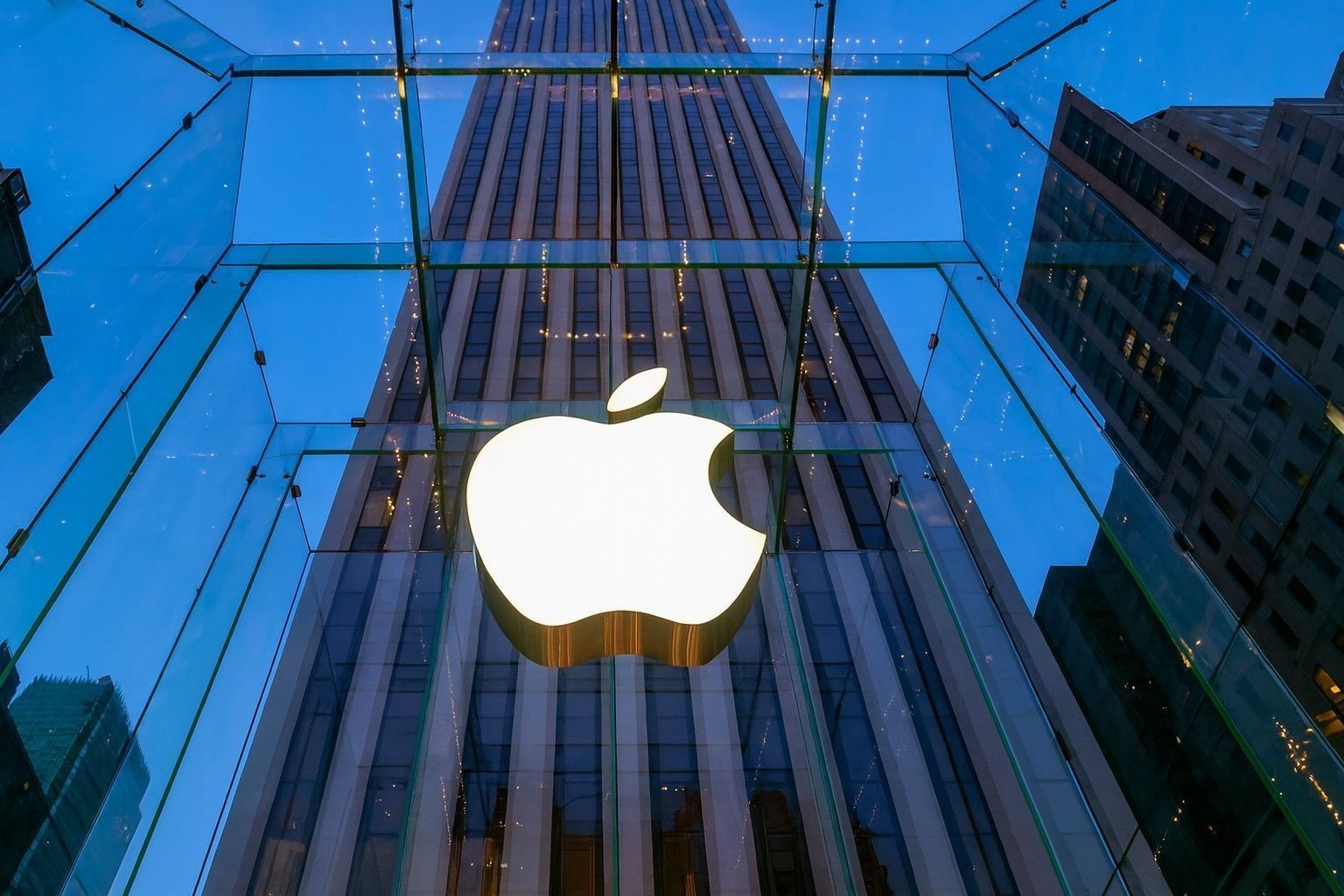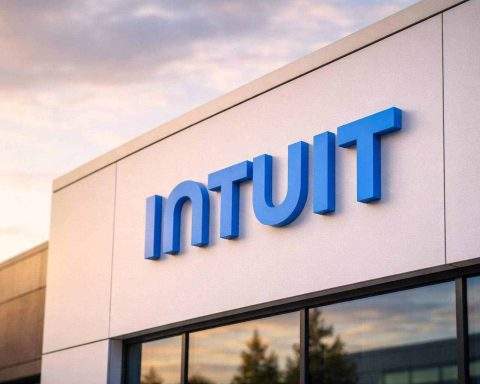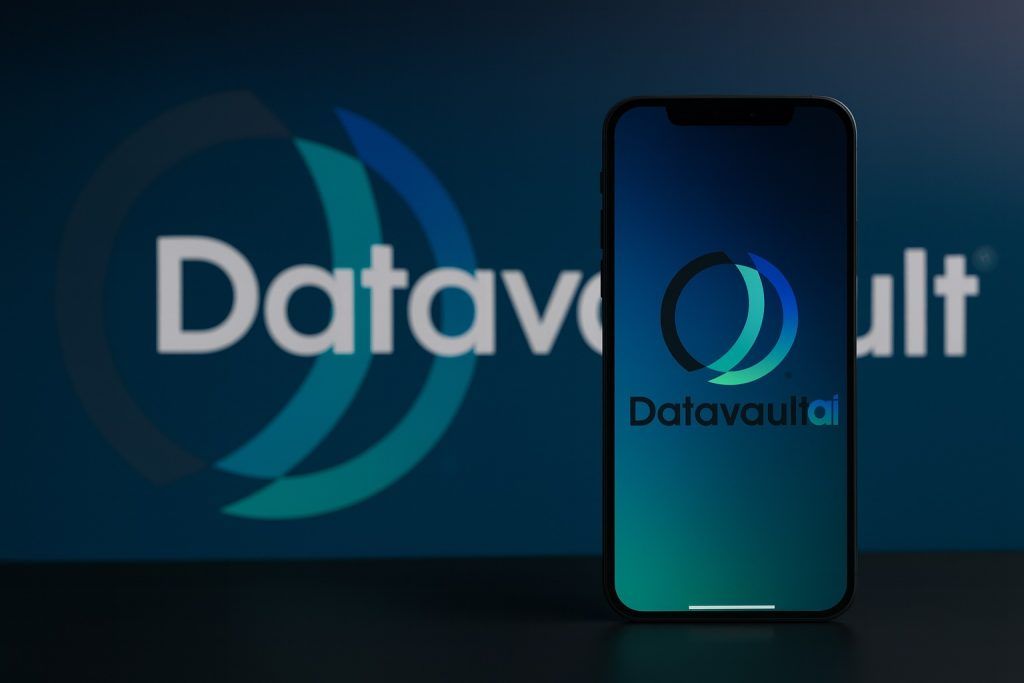Published: November 17, 2025
Apple is quietly edging toward the most consequential leadership change since Steve Jobs handed the reins to Tim Cook in 2011. Over the past three days, a wave of reports citing the Financial Times and The Information say Apple’s board has accelerated CEO succession planning, with hardware chief John Ternus emerging as the clear internal favorite to take over – possibly as soon as 2026. 1
At the same time, fresh coverage has shone a spotlight on how much stock and cash Cook could walk away with, and what a Ternus-led Apple might look like in an era defined by AI, custom silicon and regulatory scrutiny. 2
Tim Cook Could Step Down “As Soon as Next Year”
The succession story burst into the open over the weekend after the Financial Times reported that Apple’s board and senior executives have “intensified preparations” for Cook to hand over the reins, with a transition that could happen as early as next year. 1
Key points from that and follow‑up coverage:
- Timing window: Multiple outlets say Apple is unlikely to name a new CEO before its late‑January earnings call, which covers the crucial holiday quarter. A formal announcement is seen as more likely sometime in early 2026, ahead of WWDC in June and the next iPhone launch in September, to give the new leader time to settle in. 3
- Not performance‑driven: Reports stress the move is not a reaction to weak results. Apple recently posted record or near‑record quarterly revenue, with a market value hovering around the $3–4 trillion mark and shares near all‑time highs. 1
- Retirement age optics: Cook turned 65 this month and has already led Apple for more than 14 years, reinforcing the perception that the company is planning a generational handover rather than responding to any crisis. 1
A new TechRepublic analysis published today frames the situation as Cook “weighing early 2026 retirement”, arguing that announcing an exit after a blockbuster holiday quarter would let him leave at a peak moment in Apple’s story. 4
At the same time, some long‑time Apple watchers caution against reading the reports as proof that Cook’s departure is imminent. Bloomberg’s Mark Gurman, who has reported on Apple’s internal dynamics for years, has suggested he does not yet see evidence of a locked‑in timetable, even as he agrees that Ternus is the most likely successor when the time comes. 5
Today’s (17 Nov 2025) New Angle: 2026 Looks Like the Target
Several pieces published today, November 17, 2025, refine the story and point more directly to 2026 as the working target for a handover:
- A HardwareZone report titled “Tim Cook could step down as Apple CEO in 2026” leans on the FT’s sourcing and reiterates that Apple’s leadership is planning a transition “as soon as next year.” 3
- India’s Business Today writes that Apple has “intensified CEO succession plans”, noting again that Cook could step down as early as 2026 and calling Ternus the leading candidate. 6
- Market‑oriented outlets like Seeking Alpha and GuruFocus emphasize that Apple has ramped up formal succession planning, highlighting Ternus as the key internal contender and floating the idea that Cook might remain as a powerful board‑level figure or executive chairman. 7
Taken together, today’s coverage reinforces a picture that has been building since the FT scoop: Cook is not being pushed out, but Apple now appears to be working to a concrete two‑year horizon in which he moves away from day‑to‑day leadership while remaining influential at board level.
Who Is John Ternus – The Likely Next Apple CEO?
If Cook does step down, John Ternus is widely viewed as the frontrunner to replace him. Virtually every major report – including the FT‑based summaries, The Information briefing and new explainers today – now converges on Ternus as Apple’s top internal candidate. 1
From Penn pool lanes to Apple Park
Public and internal profiles paint a picture of a low‑key but highly respected engineer‑executive:
- Age & background: Born in 1975, Ternus is around 50 years old – roughly the age Cook was when he became CEO in 2011. 8
- Education: He studied mechanical engineering at the University of Pennsylvania, earning a BSE in 1997 and competing as a varsity swimmer, a detail that has featured prominently in recent human‑interest pieces about his rise. 9
- Apple career:
- Joined Apple in 2001 as part of the product design team.
- Promoted to vice president of hardware engineering in 2013, overseeing hardware for the Mac and iPad, and later AirPods. 9
- Took over iPhone hardware responsibilities in 2020 and became senior vice president of Hardware Engineering in 2021, reporting directly to Tim Cook. 9
Apple’s official leadership bio notes that Ternus today leads all hardware engineering, including the teams behind iPhone, iPad, Mac, AirPods and more – effectively the crown jewels of Apple’s revenue engine. 10
He has become a regular face at Apple product events, fronting launches from the 2018 iPad Pro to the redesigned Mac Pro and recent Apple silicon Macs. 9
Why the board likes Ternus
Reports from outlets such as Bloomberg, Business Insider, and a string of newer explainers today highlight several reasons Ternus has moved to the front of the queue: 11
- The right age and tenure: At ~50, he’s young enough to offer a decade or more of continuity, but seasoned enough after nearly 24 years at Apple to understand its culture and operations.
- Hardware and silicon pedigree: His teams stewarded the Apple silicon transition, guided the current iPhone and Mac line‑ups, and helped re‑establish Apple’s reputation for best‑in‑class laptop and desktop performance.
- Internal credibility: Ternus is often described as charismatic but understated, a well‑liked manager who presents confidently on stage and is careful in internal communication – traits that fit the company’s risk‑averse, operations‑heavy culture.
- Strategic fit for the moment: As Apple leans hard into custom chips, edge AI and ever tighter integration between hardware, software and services, having a hardware‑first leader could be an appealing way to differentiate from rivals whose CEOs come from software or cloud backgrounds.
Several outlets note that the path was cleared somewhat this year when long‑time COO Jeff Williams, once considered Cook’s natural successor, announced his retirement. With Williams leaving and Sabih Khan stepping in as COO at nearly the same age, the company’s long‑term bet appears to have shifted firmly toward a younger generation – with Ternus at the center. 12
How Much Could Tim Cook Take With Him?
The other big question dominating headlines: What does a Tim Cook exit look like financially?
A detailed analysis from India’s LiveMint – itself based on US securities filings and outside valuation work – sketches the rough numbers: 2
Apple shares and equity
- Cook currently holds about 3,280,052 Apple shares, equivalent to roughly 0.021% of the company. 2
- With Apple’s stock trading around $272 today, that stake alone is worth just under $900 million on paper. 2
- Only Apple chair Arthur Levinson is reported to own more shares as an individual insider, with around 4.5 million shares as of 2025. 2
Crucially, most reporting assumes Cook would keep his Apple equity even after stepping down as CEO, especially if he moves into a chair or board‑only role. That would align his personal wealth tightly with Apple’s long‑term performance.
Salary, bonuses and overall net worth
Beyond stock, LiveMint estimates Cook’s net worth at around $2.5 billion, reflecting decades of salary, bonuses and equity awards at Apple. 2
For 2024 alone, his total compensation package reportedly came to about $74.6 million, combining: 2
- A base salary of around $3 million
- Equity awards valued at roughly $58 million
- Additional compensation (incentives and benefits) of around $13.5 million
Cook has long said he plans to give away the majority of his fortune over time, though the exact structure of any philanthropy, post‑CEO role or board‑level responsibilities has yet to be defined.
Inside Apple’s Succession Playbook
Putting the various reports together, a rough picture of Apple’s internal playbook emerges: 13
- Short term (Holiday 2025 – January 2026)
- Focus remains on the holiday quarter and late‑January earnings call.
- Apple is not expected to name a new CEO before that call, to avoid overshadowing results.
- Announcement window (Early–mid 2026)
- If Cook does move toward retirement, analysts expect some kind of formal announcement early in the year, likely pairing:
- The naming of a designated successor (most likely Ternus), and
- Clarification of Cook’s new role (e.g. executive chairman or non‑executive chair).
- A transition structured this way would give the new CEO time to lead WWDC 2026 and the 2026 iPhone launch, two symbolic milestones.
- If Cook does move toward retirement, analysts expect some kind of formal announcement early in the year, likely pairing:
- Longer‑term leadership refresh
- Many of Apple’s current senior executives are in their late 50s or 60s. A Ternus‑led Apple would probably oversee a broader generational shift across hardware, software and services leadership over the next 3–5 years. 4
None of this has been confirmed by Apple, and every report stresses that no final decision has been made – but the level of smoke suggests there is real fire behind the scenes.
What a John Ternus Era Could Mean for Apple
Speculation is already mounting about how Apple might change under a Ternus‑led regime. Analysts and commentators highlight several possible themes, based on his track record and the company’s current strategic pressures: 4
1. Even tighter hardware–silicon integration
Expect Apple to double down on its “whole widget” philosophy:
- Faster evolution of Apple silicon across iPhone, Mac and potentially new device categories
- Deeper focus on on‑device AI acceleration, using custom chips as a differentiator against cloud‑heavy rivals
- Continued emphasis on battery life, thermals and industrial design – all areas where Ternus’ teams have been central
2. A cautious but targeted AI push
Apple has been criticized for moving more slowly in visible AI features than Microsoft, Google or OpenAI. With Ternus at the helm, many observers foresee a strategy centered on:
- Device‑centric AI (private, on‑device models) rather than purely cloud AI
- AI features that are tightly fused with hardware – think camera pipelines, health sensing, and power‑efficient inferencing on custom NPUs
The message would likely be less about chasing headline‑grabbing chatbots and more about “AI that disappears into the experience”.
3. Potential policy resets
Some analysts draw parallels with Satya Nadella’s early moves at Microsoft – such as putting Office on iPad – and speculate that a Ternus era might bring limited but symbolic policy shifts, for example: 4
- Gradual softening or simplification of App Store rules
- More flexibility around cloud gaming, alternative payment flows or sideloading in regions where regulators are most aggressive
None of this is guaranteed, but leadership transitions at mega‑caps often come with gestures that signal cultural change, even if the underlying strategy stays steady.
4. Continuity where it counts
At the same time, Wall Street will expect continuity in the things that have worked under Cook:
- Relentless focus on supply‑chain excellence and margin discipline
- Expansion of services revenue – from iCloud and Apple Music to financial services and health offerings
- Strategic neutrality in geopolitics, particularly around China and India, where Apple’s manufacturing footprint and growth prospects are most complex
Most observers expect Cook, if he stays on as chair, to keep a strong hand in geopolitics, regulatory strategy and high‑level capital allocation, even as day‑to‑day product and organizational decisions shift to Ternus or another successor. 4
The Bottom Line: A Managed End to the Cook Era
Fourteen years after he stepped up in the wake of Steve Jobs’ final act, Tim Cook appears to be entering the closing chapter of his tenure as Apple’s CEO – on his own terms, at a moment of strength and record valuation.
What has changed in the past 72 hours is not that Cook might one day retire – that has always been inevitable – but that multiple, credible reports now point to an active, near‑term succession process centered on hardware chief John Ternus, with 2026 as a realistic window for transition. 5
For investors, developers and Apple’s billion‑plus customers, the key questions over the next year will be:
- When Apple chooses to acknowledge the transition publicly
- How it structures Cook’s future role and board presence
- Whether a Ternus‑led Apple can maintain Cook’s financial discipline while rediscovering some of the product audacity associated with the Jobs era
For now, Apple remains officially silent. But the boardroom clock is ticking – and John Ternus’ name is no longer just insider gossip. It’s the central storyline in Apple’s next decade.






